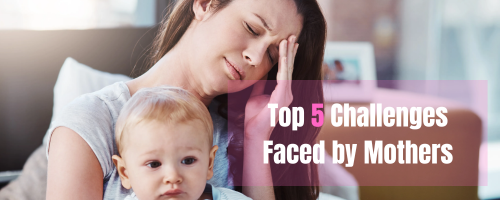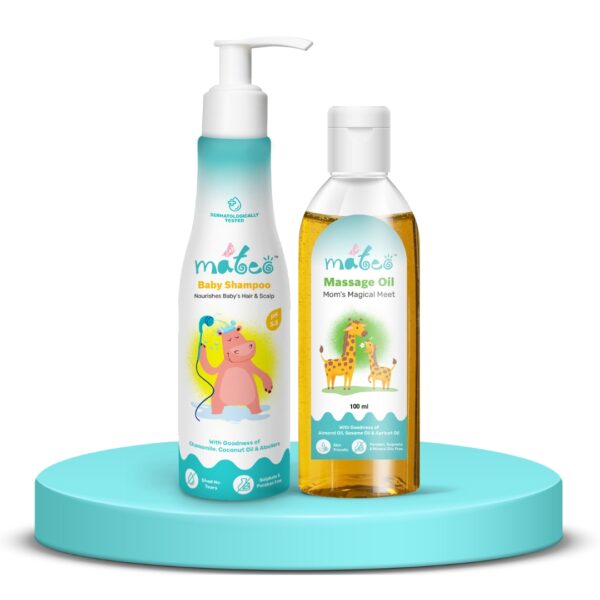Table of Contents
- 1. Anxiety or Depression During Pregnancy
- 2. Loneliness, self-esteem and body image
- 3. Changes in Relationships for New Parents
- 4. Tiredness and lack of sleep
- 5. Struggling with Breastfeeding
- Overcoming the Challenges For New Mothers: Empowerment and Support
- FAQs
Motherhood is always thought to be a happy time, but the mother’s actual experiences can in fact be much more complex. It’s a metamorphosis full of amazing moments and surprising obstacles. Now let’s examine the two most common challenges faced by mothers and how to deal with them.
Top 5 Challenges For New Mothers
There are many challenges for new mothers. Here are a few listed below
1. Anxiety or Depression During Pregnancy
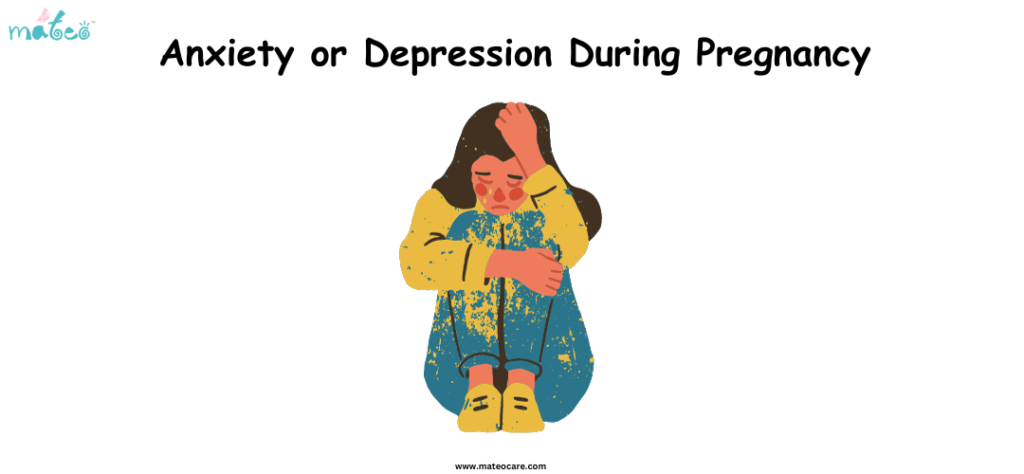
Pregnancy is a psychological and physical carousel. Anxiety and depression in pregnancy are often brought on in new mothers by the pressure of societal expectations and hormonal changes. Still, ignorance about Perinatal Mental Health means that these problems are overlooked.
Only by obtaining understanding and support from healthcare professionals, and open dialogue in families and communities can help mothers. This enables them to share their feelings without fear of being judged.
2. Loneliness, self-esteem and body image
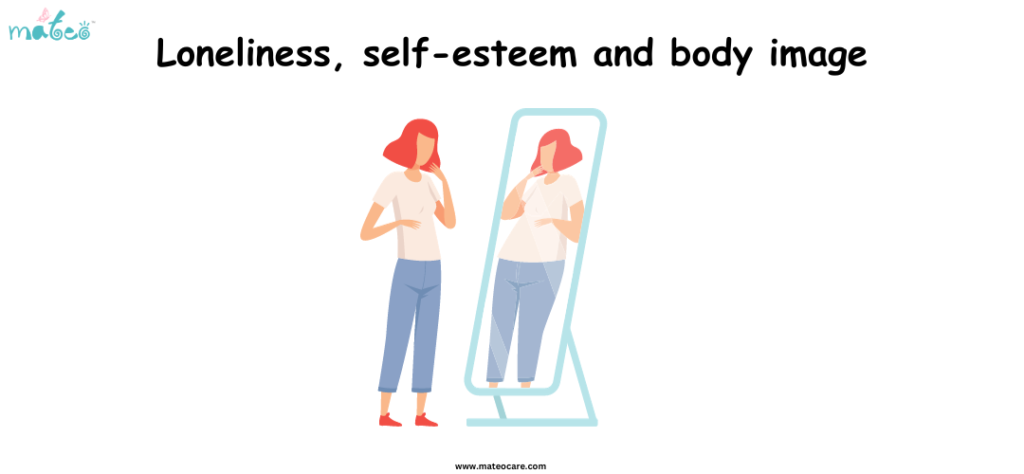
First-time mothers are often isolated by the transition to motherhood. The new parents in a nuclear family setting may be trapped for much of the day with an infant, thus socialised out. In addition, baseless misconceptions in society about postpartum body image can hurt a mother’s self-esteem.
Online and offline support groups provide companionship and understanding. Being positive about body images and dispelling myths about postpartum physical changes will greatly increase a new mother’s self-confidence. This will greatly help them gain support to manage the challenges for new mothers.
3. Changes in Relationships for New Parents
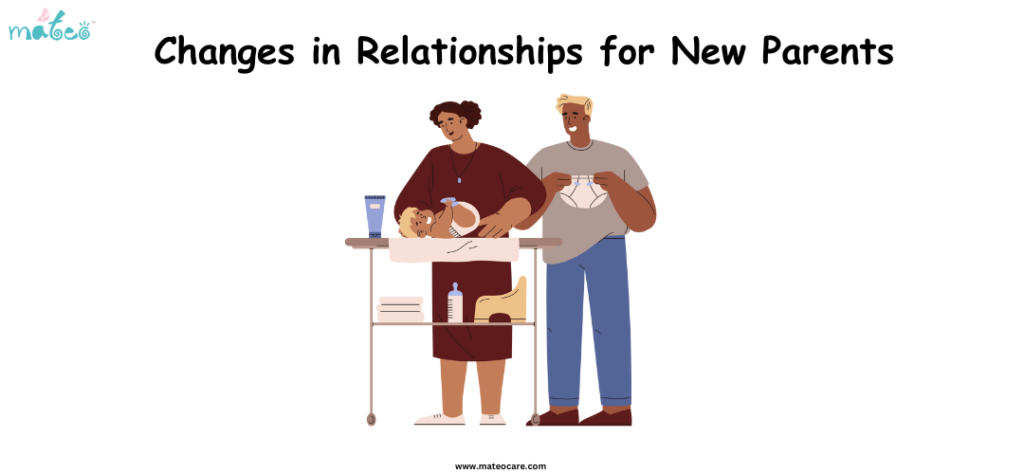
A new arrival in the family puts existing relationships to the test. The focus shifts to the baby, and partners may feel neglected. Joint families have many complex dynamics, and there are often jealousies or unfair expectations.
Communication and empathy are key. During this transitional period, partners encourage each other to shoulder the responsibilities and have frank discussions about their expectations.
4. Tiredness and lack of sleep
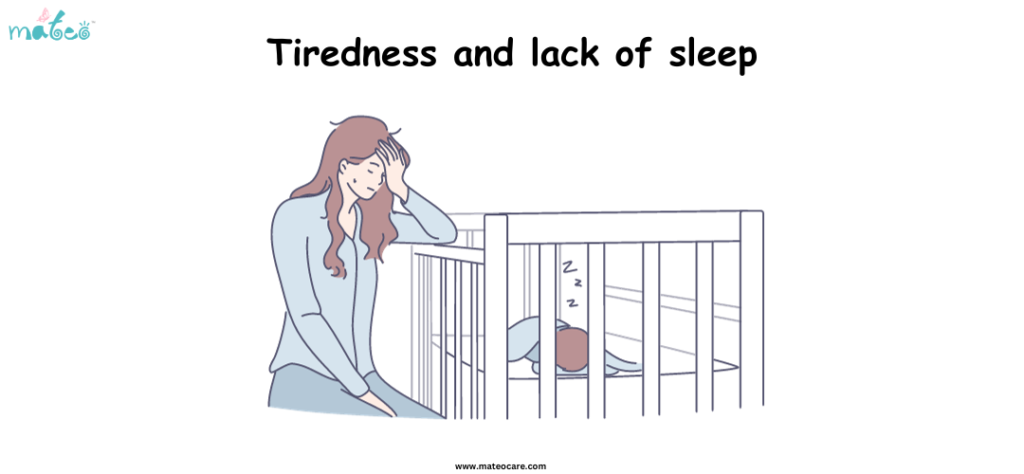
The early months of parenting for newborn babies tire new mothers. In addition, a baby’s incessant demands for attention and heavy domestic work will leave the mother sleep-deprived with high stress. It is the most common problem of new mothers.
Establishing a system of support is essential. If family members are encouraged to help out with the housework of child care for a short time, new mothers can take much-needed rest.
5. Struggling with Breastfeeding
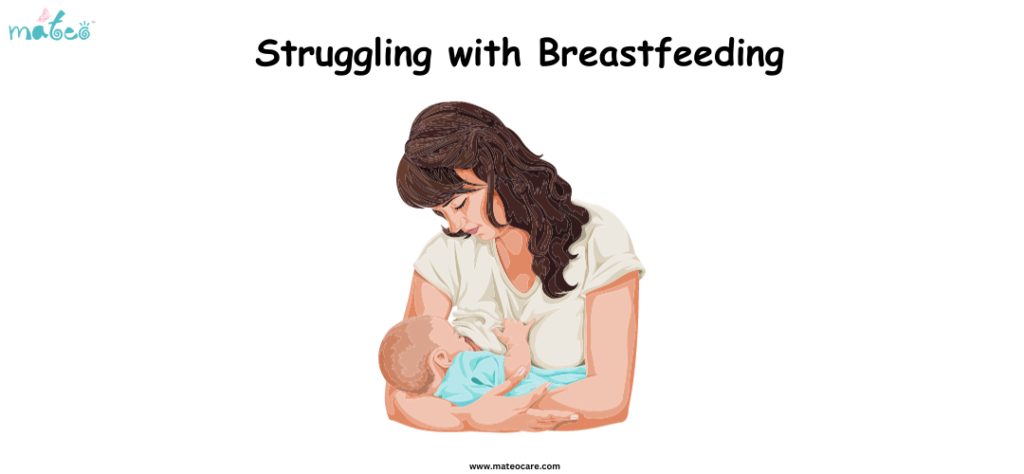
Another common problem of new mothers. Breastfeeding is natural, but it’s hard. Latching, low milk supply or physical discomfort is a problem for some mothers. At the same time, there are social pressures and differing opinions.
Information and assurance come from lactation consultants or breastfeeding support groups. We need to create such a nonjudgmental atmosphere so that mothers can choose feeding methods free from any fear of being cached or shamed.
Overcoming the Challenges For New Mothers: Empowerment and Support
New mothers need multifaceted support for parenting for newborn babies. It is also important to raise awareness about mental health during pregnancy and the postpartum stage. Teaching healthcare providers, families, and neighbourhoods about symptoms of perinatal mental health problems can lead to early intervention and assistance.
Moreover, providing practical help, open communication, and accepting the different realities of motherhood can reduce stress on new moms.
Equipping mothers to focus on their mental and physical health is the basis for a good mothering transition. To overcome the most common problems of new mothers, we need to promote self-care and build a community of understanding and support.
Frequently Asked Questions
1: How prevalent is anxiety or depression among pregnant women?
Anxiety and depression in pregnancy are more common than is generally realised. Studies indicate that nearly 20-twenty-seven percent of new and expectant mothers suffer perinatal mental health problems. Yet, because of ignorance and the social stigma attached to these problems, often they go undetected.
2: How can partners or family members support a new mother when she feels isolated?
Family members and partners serve important roles in helping a new mother overcome her sense of isolation. By making sure there is an atmosphere of open discussion, and actively helping out in caregiving work. Providing occasions for the mother to get together with support groups or social circles can greatly help.
3: What can be done about tiredness and loss of sleep in the early days as a mother?
The key to coping with exhaustion in early motherhood is setting up a support network. Family members may help with housework or childcare so that the mother can rest. Creating a routine where you can take short naps or stops during the day also helps with sleep deprivation.
FAQ 4: How should mothers face breastfeeding problems?
This is a common problem for new mothers. If they arise it helps to ask lactation consultants for advice or participate in breastfeeding support groups. Moreover, creating a judgement-free environment and providing information on feeding options are also key to helping mothers.

Nivethitha Sridharan
Nivethitha is a mother of two children and has a great interest in writing as an experienced mother. She publishes educational and interesting articles on baby care and also assists parents in selecting the finest baby products for their baby’s skin and well-being. She focuses on infant skin care and health issues. She also provides suggestions and guidance on baby care and avoids common skin disorders in newborns. Nivethitha likes studying and writing about new and innovative ideas that might assist people in finding solutions to their problems. She feels that content writing is an effective means of communicating thoughts and information to the world.
-
Baby Shampoo & Cleansing Bar (Combo Pack)
Add to basket₹580.00 -
Baby Shampoo & Massage Oil (Combo Pack)
Add to basket₹590.00 -
Baby Shampoo & Rashfree Cream (Combo Pack)
Add to basket₹575.00 -
Mateo All in One Pack
Add to basket₹1,700.00 -
Mateo Baby Cleansing Bar
Select options₹185.00 – ₹740.00 -
Mateo Baby Shampoo
Select options₹395.00 – ₹1,185.00 -
Mateo Massage Oil
Select options₹195.00 – ₹780.00 -
Mateo Moisturizing Lotion
Select options₹350.00 – ₹1,050.00 -
Mateo Rashfree Cream
Select options₹180.00 – ₹720.00

